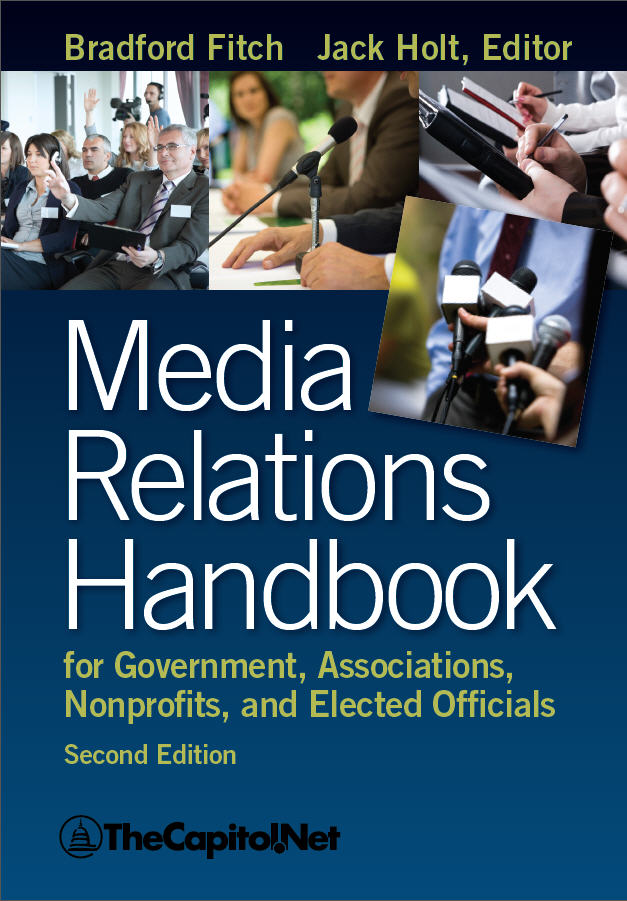To work successfully in media affairs or public relations, you want to develop a solid understanding of the ethical challenges you can face on a daily basis. Even a seemingly innocent and routine conversation with a reporter can pose ethical questions that the public relations professional must be able to resolve in a second or two.

One common ethical challenge the public relations professional must address is the use of language. Even a relatively simply choice of words can result in ethical implications. For instance, if you exaggerate the impact of a piece of legislation, it could be construed as trying to mislead the public. Ensuring that language is accurate and honest is not only a matter of ethics, in most cases it is more effective. Because reporters have come to view exaggerated claims as being the rule rather than the exception, you will often find that communication that is honest and straightforward is a far more convincing tool.
When posed with an ethical question regarding language, ask yourself whether the language will pass the test of the media. Will the media question the veracity of the statement you plan to issue? Will anyone  be able to refute your data? Consider the credibility of any sources that might challenge your statement and your data. Be certain that the language you choose is capable of withstanding a detailed examination.
be able to refute your data? Consider the credibility of any sources that might challenge your statement and your data. Be certain that the language you choose is capable of withstanding a detailed examination.
Misappropriation of credit is another common ethical challenge the public relations professional faces. Ethical problems can arise when a public relations professional feels they must “enhance” the work of their principal or an organization to the point that it extends beyond any work that was legitimately accomplished. This is a struggle that Congressional press secretaries frequently face as the matter of taking credit can be a particularly delicate issue for members of Congress as their survival depends on their ability to demonstrate achievements to their constituents. For instance, did a member only “sponsor” a bill or did they “vigorously support” it? Did they “vote” for it, or did they “champion” it? The choice of wording can make a tremendous difference in how a public figure’s role is portrayed. You must be able to back up all claims when you take credit for your principal and able to justify those claims with documentation.
Reference: Media Relations Handbook, by Brad Fitch, Section 13.4 Common Ethical Challenges
For more than 40 years, TheCapitol.Net and its predecessor, Congressional Quarterly Executive Conferences, have been teaching professionals from government, military, business, and NGOs about the dynamics and operations of the legislative and executive branches and how to work with them.
Our custom on-site and online training, publications, and audio courses include congressional operations, legislative and budget process, communication and advocacy, media and public relations, testifying before Congress, research skills, legislative drafting, critical thinking and writing, and more.
TheCapitol.Net is on the GSA Schedule, MAS, for custom on-site and online training. GSA Contract GS02F0192X
TheCapitol.Net is now owned by the Sunwater Institute.
Teaching how Washington and Congress work ™

